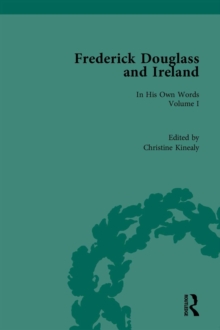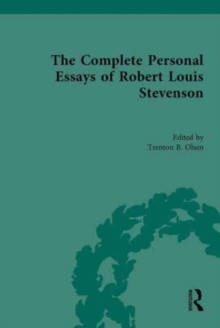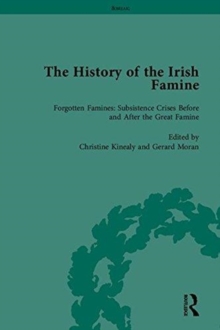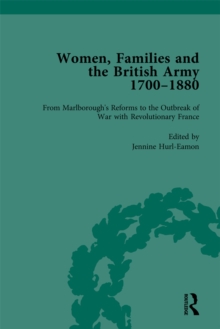
Contemporary Thought on Nineteenth Century Conservatism PDF
Edited by Angus Hawkins, Richard Gaunt
Part of the Routledge Historical Resources series
Description
The Conservative party remains the longest-established major political party in modern British history. This collection makes available 19th century documents illuminating aspects of Conservatism through a critical period in the party's history, from 1830 to 1874. It throws light on Conservative ideas, changing policies, party organisation and popular partisan support, showing how Conservatism evolved and responded to domestic and global change. It explores how certain clusters of ideas and beliefs comprised a Conservative view of political action and purposes, often reinforcing the importance of historic institutions such as the Anglican Church, the monarchy and the constitution. It also looks at the ways in which a broadening electorate required the marshalling of Conservative supporters through greater party organisation, and how the Conservative party became the embodiment and expression of durable popular political sentiment. The collection examines how the Conservative party became a body seeking to deliver progress combined with stability.
The documents brought together in this collection give direct voice to how Conservatives of the period perceived and extolled their aspirations, aims, and the values of Conservatism. Introductory essays highlight the main themes and nature of Conservatism in a dynamic age of change and how the Conservative axiom, in an imperfect world of successful adaptation, being essential to effective preservation informed and defined the Conservative party, the views of its leaders, the beliefs of its supporters, and the political outlook they espoused.
Information
-
Download - Immediately Available
- Format:PDF
- Pages:1766 pages
- Publisher:Taylor and Francis
- Publication Date:11/02/2021
- Category:
- ISBN:9781351270670
Information
-
Download - Immediately Available
- Format:PDF
- Pages:1766 pages
- Publisher:Taylor and Francis
- Publication Date:11/02/2021
- Category:
- ISBN:9781351270670










